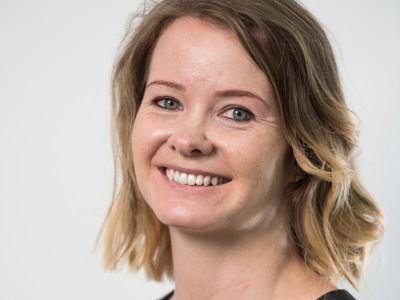
Settlement secured for woman following stillbirth
A woman suffered a stillbirth and ended up in a coma in intensive care after intrauterine growth restriction (IUGR) went undiagnosed despite risk factors being evident in a previous pregnancy.
Posted on 12 June 2020
The 33-year-old woman, who we have called Kate, lost her baby after repeated failures to identify and monitor the baby’s growth restriction.
Kate also developed Acute Fatty Liver of Pregnancy (AFLP), a rare but very serious condition where the liver is unable to function properly, and she suffered from sepsis.
She required an emergency caesarean section, suffered multi-organ failure and had to be placed into a coma while she recovered in Intensive Care. Kate suffered a recurrent depressive episode as a result of the events.
She was secured a five-figure compensation payment after Doncaster and Bassetlaw Teaching Hospitals NHS Foundation Trust admitted liability in a claim brought on Kate’s behalf by Leigh Day solicitors.
Medical negligence solicitor Lauren Tully argued in her legal case that there were repeated failures to plot the fetal growth on a chart and there was no attempt to make Kate aware of the risks of growth restriction and the importance of monitoring the baby’s growth by ultrasound scans.
At the beginning of Kate’s pregnancy, the midwife identified that risk factors were present; her last pregnancy had involved a small-for-gestational-age baby who was born by emergency caesarean section at 35 weeks, she was a known smoker, and she was on medication for her mental health.
Despite the risks, the fetal height was not plotted on a growth chart a number of times throughout the pregnancy, so it was not noticed that the growth had ‘tailed off’. At one point, a community midwife had documented her concern of intrauterine growth restriction in her notes, but did not plot the growth on the chart, or advise Kate of the risk of the condition and that growth scans were important to help with monitoring.
Kate missed some appointments during her pregnancy, and she was not offered support for her difficulties with attending appointments. She missed a scan at 35+5 weeks as her first child was unwell, and it was not urgently re-scheduled and Kate was not visited at home in line with hospital practice.
At 37+7 weeks Kate felt very unwell so she went to hospital. At that point the medical team realised that Kate’s baby had already died.
They then identified AFLP and sepsis. Kate was induced but did not go into labour and she subsequently deteriorated, so she was transferred to another hospital where there was an Intensive Care bed available.
She underwent a caesarean section and her condition worsened, and she was induced into a coma and suffered multi-organ failure.
After her nine-day stay in hospital, she was unwell for a few weeks with difficulty walking and persistent bleeding. She suffered a recurrent depressive episode, and her relationship with her partner broke down.
Kate said:
“Nothing can compensate for the loss of my baby, but I hope that those caring for other pregnant women will learn from the avoidable mistakes that were made in my care and stop this from happening to someone else.”
Lauren Tully, of Leigh Day solicitors, said:
“We argued that if the fetal growth had been plotted on the chart, Kate would have been seen by an obstetrician by 28-29 weeks and intrauterine growth restriction would have been identified.
“She would have then been referred for growth scans every two weeks which would have identified the ‘tailing off’ of growth. Kate would have had an elective caesarean between 36-37 weeks and her baby would have been born alive.
“There were several missed opportunities to identify growth restriction and take action. Instead Kate now has to live with the knowledge that if she had received proper care, then she would have her child with her today. No amount of money can compensate for that, but we are glad to have been able, on Kate’s behalf, to make the Trust recognise that their midwifery care was severely lacking.”



